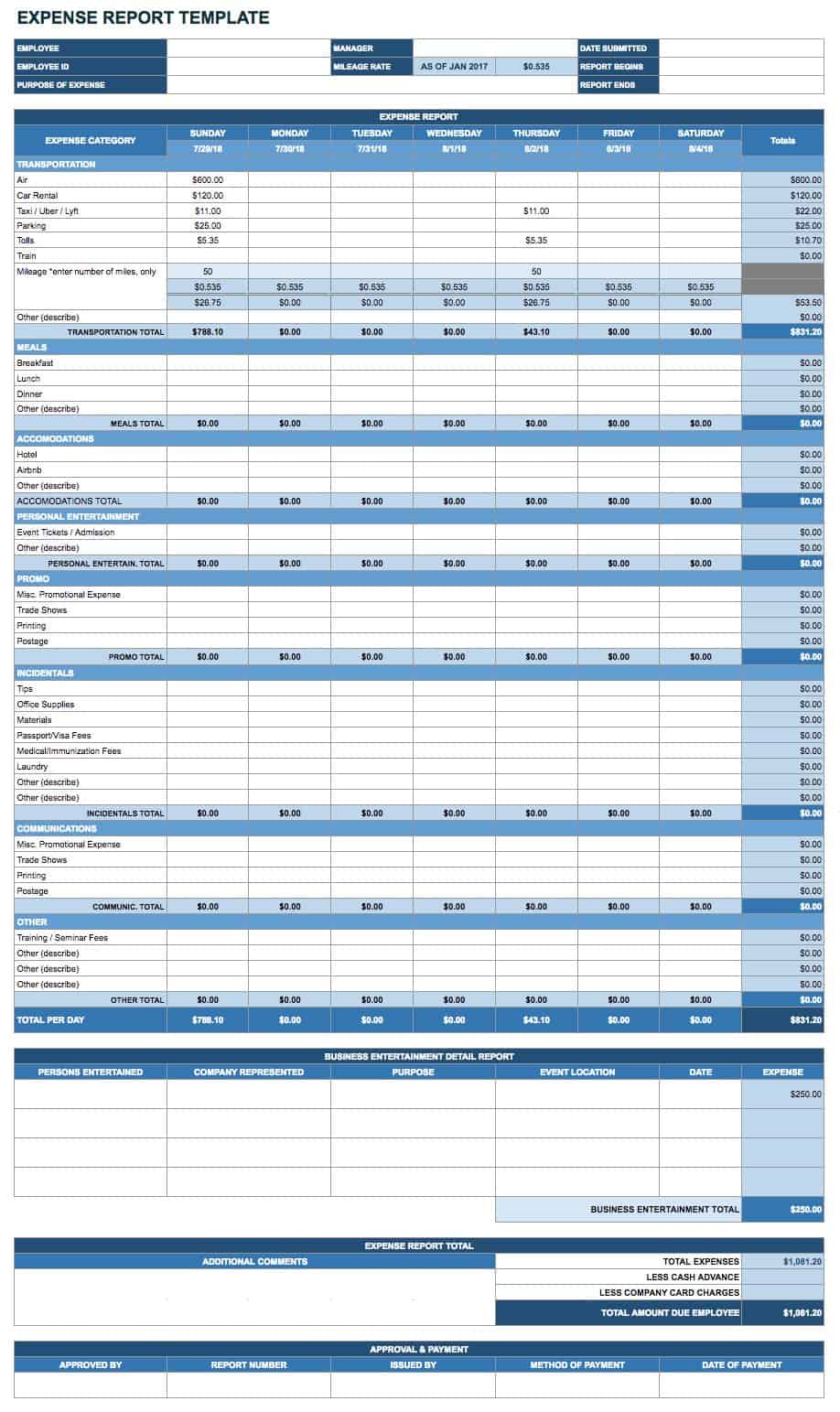

SSA never authorizes an individual payee to charge a fee for their payee services. No, unless you are a qualified organizational payee who has applied and been approved in writing by SSA to collect a fee. Therefore, if you have power of attorney for a beneficiary who is found incapable of managing their own benefits, you must still file an application to serve as rep payee.Ĭan I Collect a Fee for Serving as a Representative Payee? It typically makes no finding about the individual’s capability or competence and is not recognized by the Treasury Department for the purposes of negotiating federal payments, including Social Security or SSI checks. It does not diminish the rights of the individual and does not usually grant the third party the right to manage the individual's assets. Power of attorney is a legal process where one individual grants a third party the authority to transact certain business for that individual. Return any payments to which the beneficiary is not entitled to.Complete required annual accounting reports for Social Security, Veterans Administration or Railroad Retirement.Notify Social Security, Veterans Administration or Railroad Retirement of any changes in the beneficiary's circumstances that would affect their benefits.Help the beneficiary get medical treatment when necessary.Provide benefit information to social services pr other agencies that serve the beneficiary.Keep records of all benefits received and how it was spent and/or saved.Report any life changes or events which could affect the beneficiary’s eligibility for benefits or payment amount to the required agency.Save any benefits left after meeting the beneficiary’s current needs in a checking account for the beneficiary's future needs.Determine the beneficiary’s needs and use his or her benefits to meet those needs.The following lists the required duties of a payee. SSA encourages payees to go beyond just managing finances and to be actively involved in the beneficiary’s life. A payee is responsible for everything related to benefits that a capable beneficiary would do for himself or herself. What Are the Duties of a Representative Payee?Ī payee acts on behalf of the beneficiary. SSA requires you to complete the payee application in a face-to-face interview (with certain exceptions). You will need to provide your social security number or if you represent an organization, the organization’s employer identification number. You must then submit an application, form SSA-11 (Request to be selected as payee) and documents to prove your identity. You should contact the SSA office nearest you to apply to be a payee.

How Do I Apply to be a Representative Payee? If there is evidence to the contrary, however, SSA may gather evidence and determine there is a need to appoint a representative payee. In all other situations, adult beneficiaries are presumed to be capable of managing benefits. The law requires most minor children and all legally incompetent adults to have payees. Social Security and SSI are two different programs and both are administered by SSA. In order to be a payee a person or organization must apply for and be appointed by SSA.Ī beneficiary is a person who receives Social Security and/or Supplemental Security Income (SSI) payments. These arrangements do not give legal authority to negotiate and manage a beneficiary’s Social Security and/or SSI payments. NOTE: Having power of attorney, being an authorized representative or having a joint bank account with the beneficiary is not the same thing as being a payee. When SSA requests a report, a payee must provide an accounting to SSA of how benefits were used or saved. A payee must also keep records of expenses. The main responsibilities of a payee are to use the benefits to pay for the current and foreseeable needs of the beneficiary and properly save any benefits not needed to meet current needs. A representative payee is an individual or organization appointed by SSA to receive Social Security and/or SSI benefits for someone who cannot manage or direct someone else to manage his or her money.


 0 kommentar(er)
0 kommentar(er)
